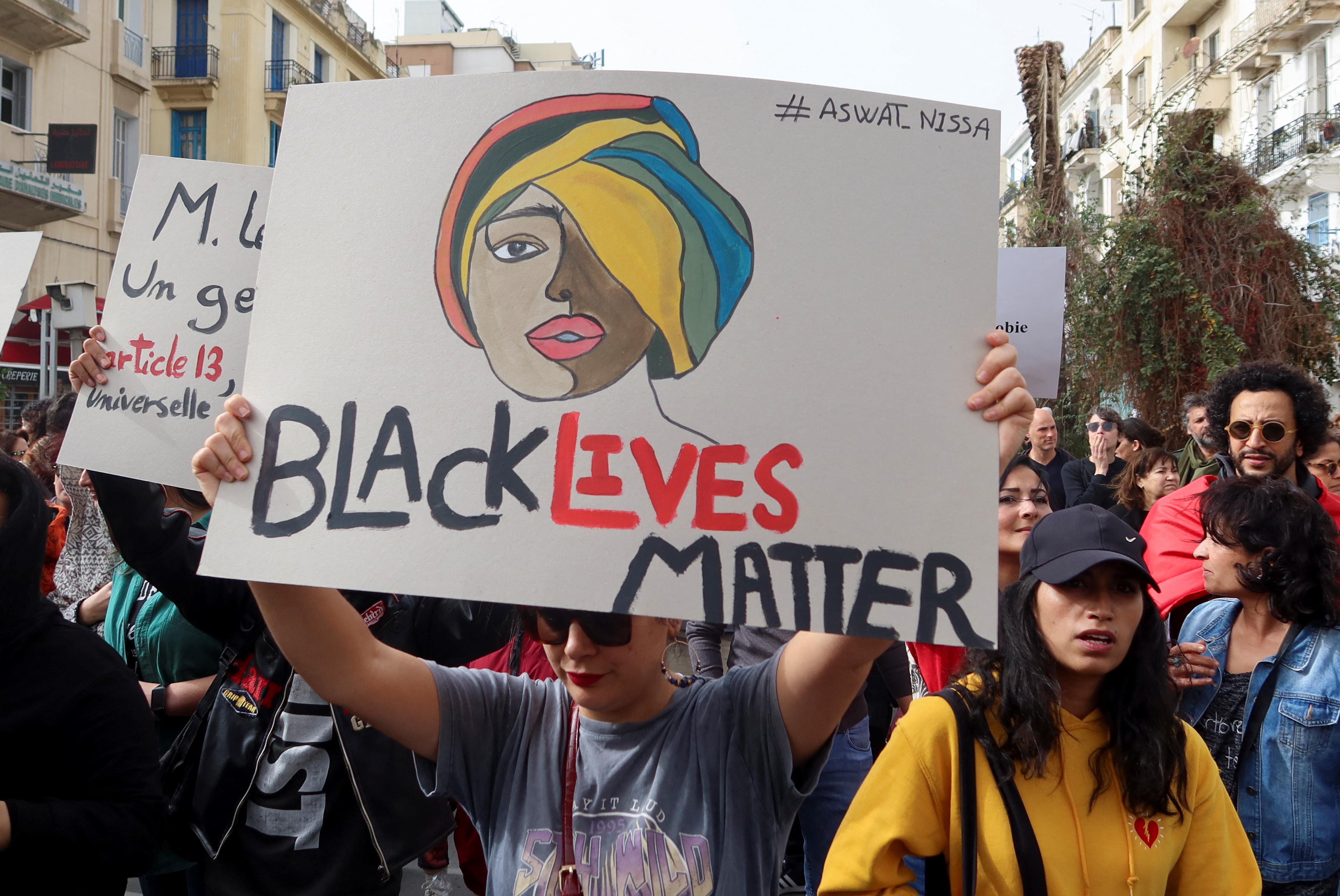
The African Union has postponed a conference that was due to take place in Tunisia this month, Bloomberg reports, after criticism over a government crackdown and racial attacks against sub-Saharan nationals.
An African Union spokeswoman told the news agency by text message on Monday that the conference on fighting illicit financial flows in Africa scheduled for mid-March has been postponed.
No new host country has been chosen for the meeting.
The African Union issued a statement on February 24 urging Tunisia to “refrain from racialized hate speech that could bring people to harm”.
The AU Commission said it had called Tunisia’s representative for an urgent meeting to register “deep shock and concern at the form and substance” of the remarks on behalf of the continent-wide bloc.
Citizens of sub-Saharan African nations have been the targets of racial attacks after a speech by President Kais Saied blaming undocumented immigrants for a rise in violent crime.
He also claimed on February 21 that migration was a conspiracy to change Tunisia’s demographic composition. His speech was followed by dozens of arrests, drawing criticism from human rights activists.
Hundreds of people protested In Tunis to denounce Saied’s speech, accusing him of racist comments against refugees.
Ivory Coast, Mali and Guinea began carrying out repatriations of their citizens from Tunisia last week.
Tunisia has rejected responsibility for the racial violence, saying it only sought to ensure “laws of the land are respected to avoid spreading chaos”.
Romdhane Ben Amor, spokesperson for the Tunisian Forum for Economic and Social Rights, was quoted as saying by Reuters news agency that “the presidential campaign aims to create an imaginary enemy for Tunisians to distract them from their basic problems.”
Tunisia is a major transit point for refugees seeking to cross the Mediterranean to Europe, including growing numbers of both Tunisians and people from other African countries.
Black Tunisians have a long history in the country and make up 10 percent to 15 percent of the population. Human rights groups have said the country has not done enough to address racism.







